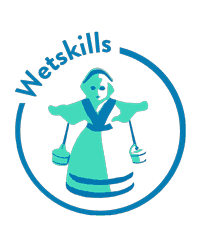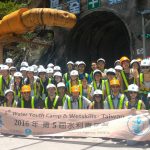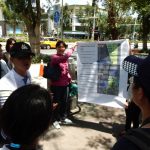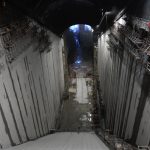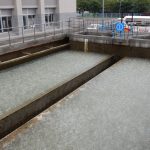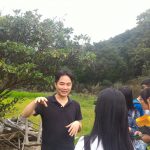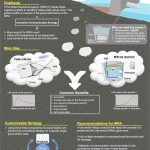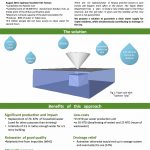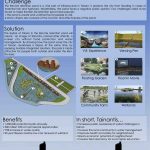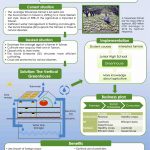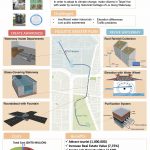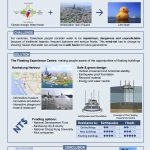
- This event has passed.
Wetskills-Taiwan 2016
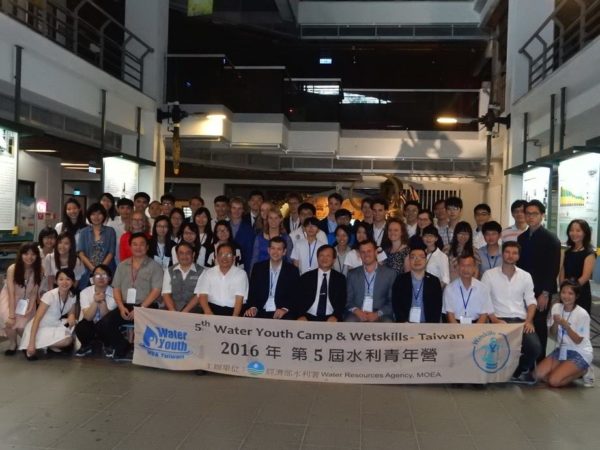

Taipei / Tainan, Taiwan – After 20 successful editions worldwide in the last six years the Wetskills Water Challenge was organized in Taiwan for the first time. 36 Young professionals and students in the Taiwanese and Dutch water industry competed to develop an innovative concept for six case studies to create solutions for water issues in a changing world. They were mixed in six transdisciplinary Dutch-Taiwanese teams that learned from and worked with local professionals and water experts on challenging water case studies posed by the case owners from Taiwan.
The teams presented their out-of-box concepts during the final Workshop at the FE Water Show Exhibition on Saturday 23 July.
Practical Information

Programme Wetskills-Taiwan 2016
Programme Wetskills-Taiwan 2016 Chinese
Host: National Taiwan University
Overview of study cases Wetskills-Taiwan 2016
Event: Workshop at FE Water Show Exhibition
Locations: Tainan, Tsengwen reservoir and Taipei
Facts:
Participants: 36
Cases: 6
Countries: 2 (Taiwan & The Netherlands)
Compilation movie

Wetskills on Taiwanese TV

Pictures of the Event

Event Cases

Case 1: Public awareness on the world leading sediment removal practice
Case owner: Southern Region Water Resources Office, WRA
The Water Resources Agency (WRA) faces negative publicity in situations where water issues occur. Yet the good performance of WRA the public was left unaware. The scale has tilted too much towards the negative side. One of the projects where WRA is world leading and proud of is the current construction of the sediment-flushing tunnel in the Zengwen Reservoir. This reservoir was built around 50’s similar to most dams in Taiwan and globally. Due to the natural conditions over time reservoir sedimentation in Taiwan is a serious problem.
WRA is looking for innovative ways to promote its activities to the public in an easy, modern and understandable way. A considerable plan should awake the public for the big achievements, taking the sediment-flushing tunnel in the Zengwen Reservoir as example.
Case 2: Robust and reliable water supply within the typhoon season
Case owners: Taipei Water Department, Taipei City Government
The water supply to Taipei Metropolis depends on upstream rivers and reservoirs. During the Typhoon Soudelor in August 2015, the turbidity of the main water source Nanshih River became extremely high. Proper treatment of water was not possible so the Taipei Water Department was forced to shut down 3 of 6 treatment units in Zitan Purification Plan and limited the water supply. The shutdown took place 10 hours during the strike of typhoon. Citizens did not tolerate this lightly as it led to a social unrest within the city. Taipei City Hall is looking to an integrated approach for water supply during a typhoon season. It will consider the mitigation of water turbidity, water resources management, water cutback measures and public awareness.
Case 3: A sustainable farming practice for food and water
Case owner: Chi-Seng Water Management Research & Development Foundation
Traditionally, Taiwan was a self-sufficient country in terms of food supply. This food supply is measured in rice quantities. Nowadays, the food pattern in Taiwan is shifting toward a ‘more western style’ with products such as bread and beef. This shift in food production requires more water supply at a larger scale. Due to recent climate change and frequent droughts the water supply for crops is under stress. Moreover the farming practice in Taiwan was a sunset industry. The average age of farmer is 62 where they are used to the traditional way of farming. The willingness to change their farming practice and to use new crops is low. There are hardly any incentive to use innovative methods to save water and attracting young people to enter this sector of work. To break this vicious circle new business cases need to be created promoting modern production chain and marketing mechanisms from a consumer perspective. It should contain incentives for farmers to change their traditional agricultural methods and attract young people to enter the farming industry.
Final poster
Final poster
Final poster
Case 4: Integrated, green and safe retention ponds in urban areas
Case owner: Tainan City Government
Urban areas cover the west coast of Taiwan and space is scarce. As result, space for urban water management is under stress. In recent years, the Flood-Prone Areas Regulation Project has improved the situation significantly. However, the extreme climate in the recent year has caused heavy rain and severe flood more frequently. Let’s take Tainan City as an example. In the past, most areas in Tainan were lagoons and lakes and as a result the city is mainly build on reclaimed land. Therefore, vast areas locate at low-lying and thus flood-prone. The retention pond Ren-De in Tainan has proven that it could avoid flooding loss, but it requires a lot of space. There are some more negative sides: the public considers it to be dangerous, unhealthy (due to mosquitos) and ugly. A well-designed retention pond can become an attractive, safe and green place in a city area. An integrated plan should lead to a Ren-De retention pond that is public accepted and even liked by the people. More importantly, the Ren- De retention pond can benefit in the storm water management and it has a reasonable maintenance cost.
Case 5: Restoring water infrastructure heritage for a ecology friendly city environment
Case owner: Taipei City Government
Taipei City’s focus is to become a greener city since the mid-nineties. Water in the city is a vital part in this philosophy. The Liugong Canal is one of the oldest irrigation channels, which was built in eastern Taipei more than 250 years ago. With the development of Taipei City, its function of irrigation is diminished. Different sections of Liugong Canal are either filled or used for sewerage channels. Liugong Canal is near another historic water channel (Horikawa), which it was built in the Japan ruled period. Taipei City government is discussing the restoration and utilization of these channels. The integral plan of these two channels is to connect them with the water systems of the National Taiwan University’s campus and the Da-An Forest Park. It should mitigate the effect of the surrounding traffic and buildings and also has small investments and maintenance costs. Meanwhile the plan should include construction of a water landscape in the Da-An Forest Park. Last but not least, losing the historic value of the old channels is not an option.
Case 6: Floating buildings as Solution for climate change
Case owner: National Cheng Kung University (Tainan)
Recent Climate change has led to more extreme weather conditions. Adaptive water management strategies focus on flexible and integrated solutions to (1) prevent and (2) mitigate potential loss cause by those extreme weather events. The use of floating buildings is an adaptive measure that is recently gaining more popularity in the Netherlands. The question raised is: How can floating buildings become an option for Taiwan as well? Both countries have densely populated urban areas, but different social, geographical and water situation. Taiwan has much more precipitation, steep mountains, flash floods, large water level fluctuation and hilly areas. Culturally, Taiwanese perceive water more as a threat rather than a quality. Moreover, floating buildings should get aligned with the belief of Feng Shui (geomantic omen). The challenge is to create a Taiwan Floating House based on potential locations (riverbeds, old harbours, detention ponds and fish farms), different types of construction technologies and environmental factors.
Final poster
Final poster
Final poster
Do you also want to submit a challenge and get an out-of-the-box concept (Pitch and Poster) in one of our Wetskills event worldwide? The Wetskills organization is looking for Case Owners for the events worldwide; companies, knowledge institutes and organisations that formulate their case and support this Wetskills programme, see as example: Leaflet Case Sponsors Wetskills-South Korea 2018. For more information: contact Johan Oost (johan.oost@wetskills.com).
Event Partners

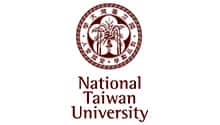
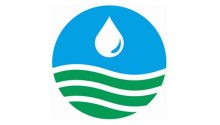
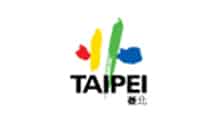

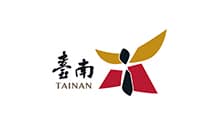
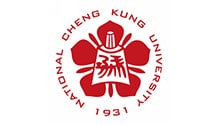
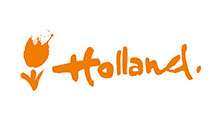
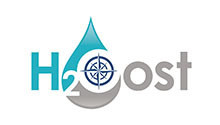
Event Blogs

